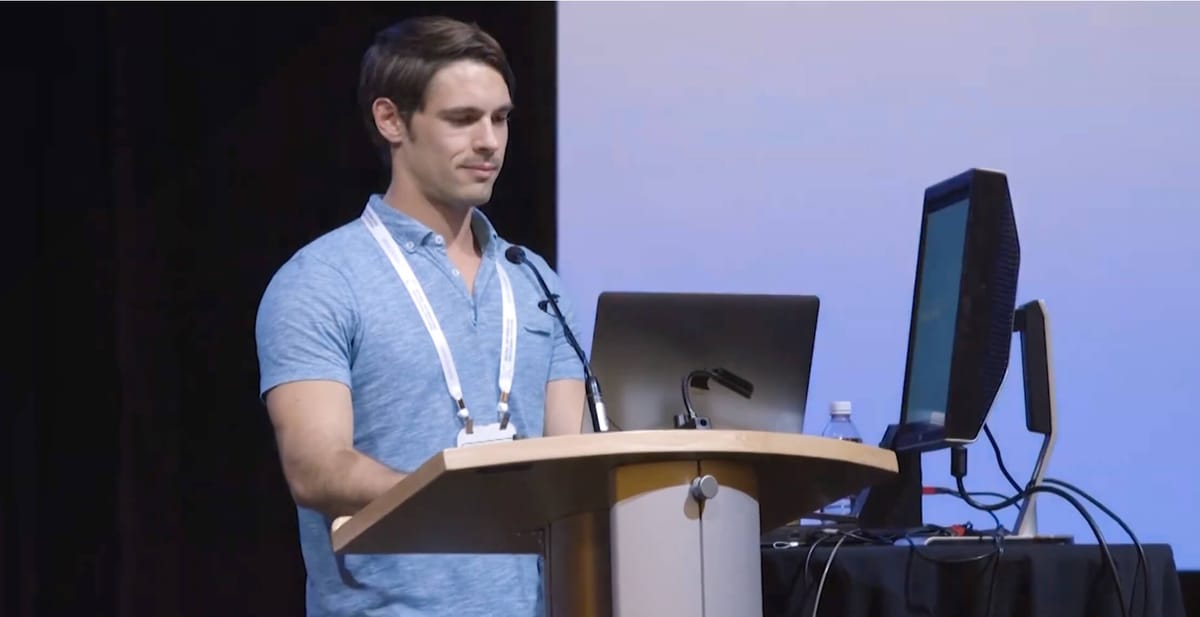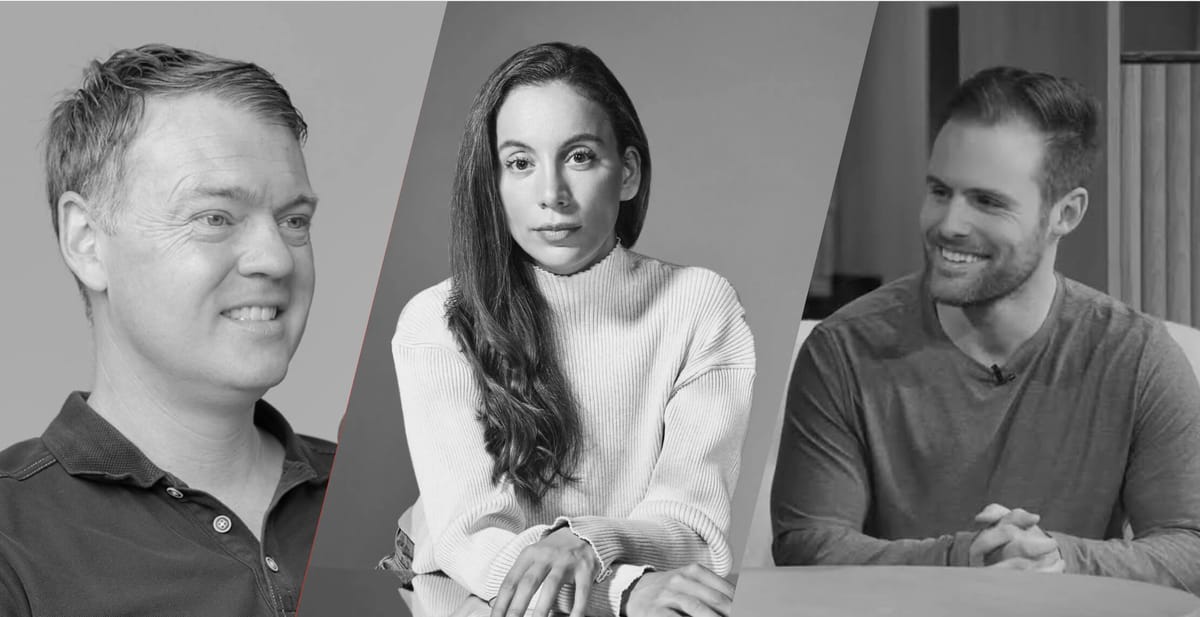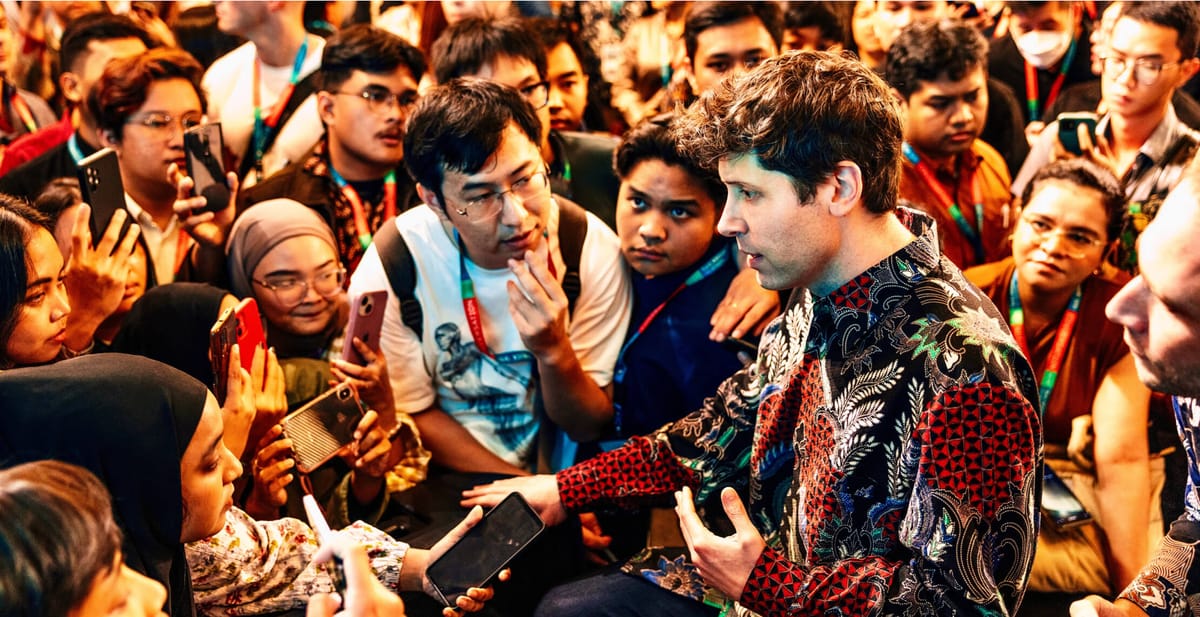
William "Liam" Fedus, a key figure in developing OpenAI's reasoning models, has been promoted to lead the post-training team. This news comes as senior researcher Luke Metz announced that he his departing after a two-year tenure.
I'm leaving OpenAI after over 2 years of wild ride.
— Luke Metz (@Luke_Metz) October 9, 2024
Alongside @barret_zoph , @LiamFedus , @johnschulman2 , and many others I got to build a “low key research preview” product that became ChatGPT. While we were all excited to work on it, none of us expected it to be where it is…
Fedus steps into a role previously held by Barret Zoph, who left OpenAI recently alongside CTO Mira Murati and Chief Research Officer Bob McGrew. He has a deep background in machine learning research, previously worked at Google Brain before joining OpenAI, and has a Ph.D. from Université de Montréal.

The post-training team he now heads, plays a crucial role in preparing and optimizing AI models for public release. It focuses on enhancing model robustness, reliability, and safety, ensuring that OpenAI’s offerings meet high standards before reaching end users.
These changes also come as OpenAI expands globally, announcing new offices in New York, Seattle, Paris, Brussels, and Singapore. The company aims to broaden its talent pool and strengthen its international presence as it pursues artificial general intelligence.

Still, questions continue to linger about team morale and leadership at OpenAI. While it’s natural for high-profile employees to explore new opportunities, the concentration of departures over the last year—including other leaders such as Andrej Karpathy, Ilya Sutskever, and John Schulman—suggests there may be a bigger underlying issue at the company.
However, despite the turnover, the company continues to innovate and forge ahead with impressive product releases. At the recent DevDay 2024, OpenAI unveiled key updates aimed at developers, including the Realtime API for speech-to-speech applications, enhanced vision fine-tuning capabilities, prompt caching, and a new model distillation process. Last week, OpenAI also introduced Canvas, a new interface for ChatGPT that enables more complex collaborations between users and AI.



